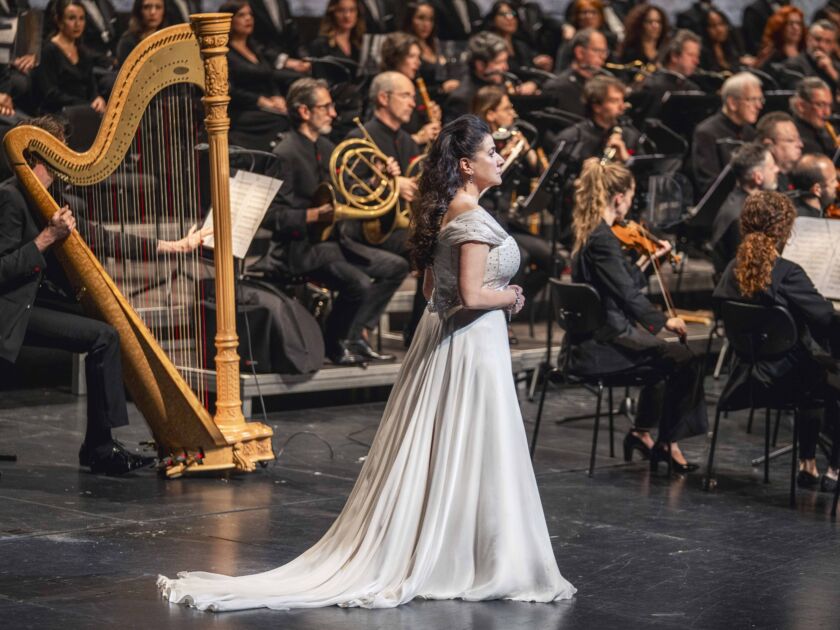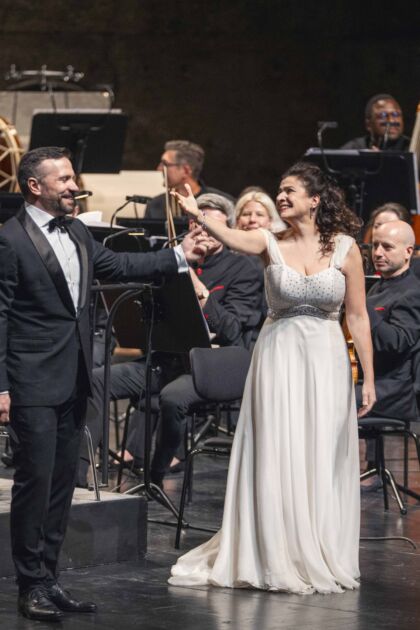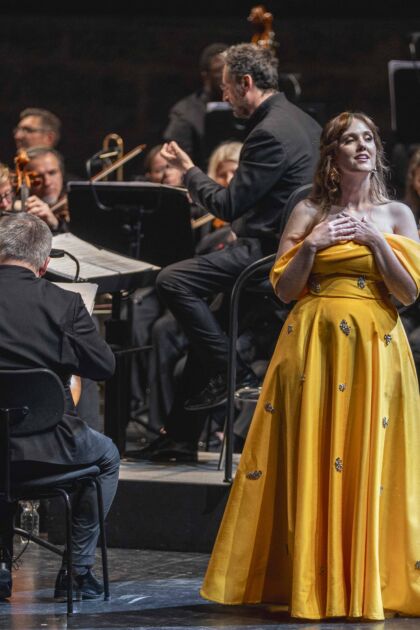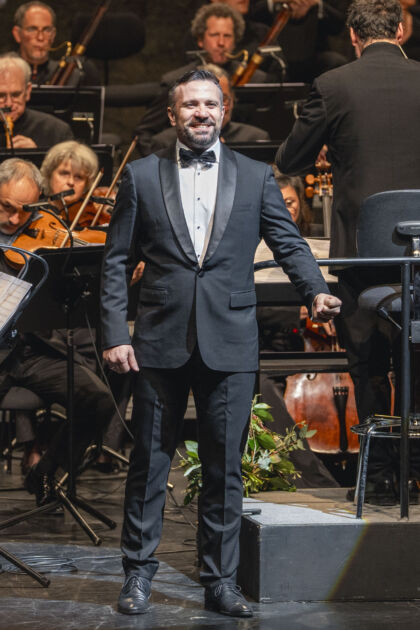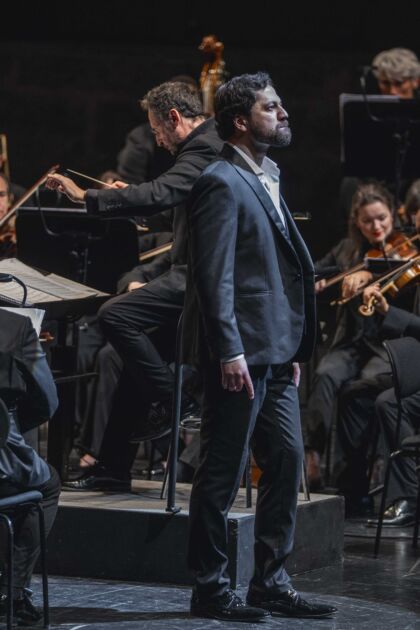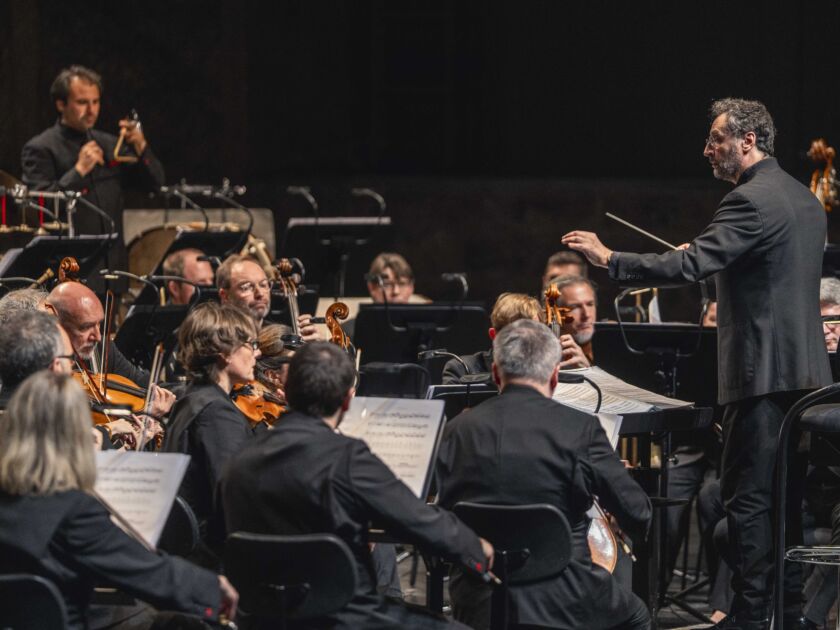- Nessun maggior dolore
che ricordarsi del tempo felice
nella miseria.
ROSSINI IN VENICE
The impresario of Venice’s Teatro San Moisè, Antonio Cera, showed remarkable foresight when he introduced the 18-year-old Rossini to the operatic world with La cambiale di matrimonio in November 1810 and commissioned him again a year later to write a one-act “farsa”. After the enormously successful premiere of L’inganno felice in January 1812, Cera predicted to the composer’s mother that her son would be ‘un ornamento d’Italia’ in a few years. Venice was the backdrop for other milestones in Rossini’s career, too: shortly after making his mark in the field of opera seria with Tancredi in 1813 — praised by Stendhal as his greatest masterpiece — his comic genius blossomed profusely and exuberantly for the first time in L’italiana in Algeri. With his Semiramide, which, like Tancredi, was premiered at the Teatro La Fenice, Rossini bid farewell to the Italian stage in 1823. Musically, however, he evoked Venice only once in his operatic oeuvre: in the gondolier’s distant, wistful song from the atmospherically intense final act of Otello (1816), which resonates like an echo from deep within Desdemona’s soul.

